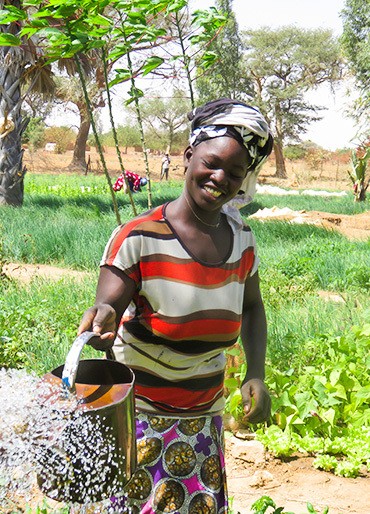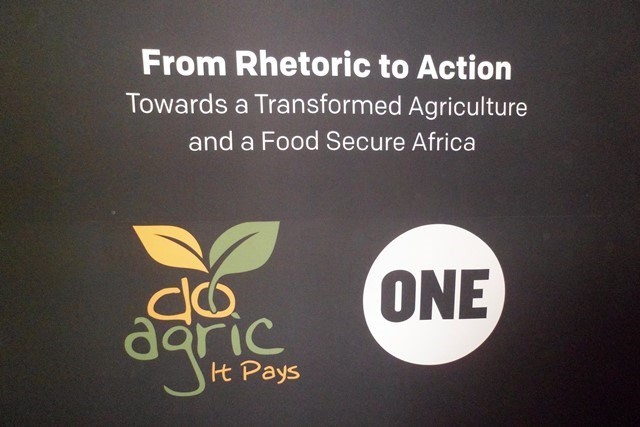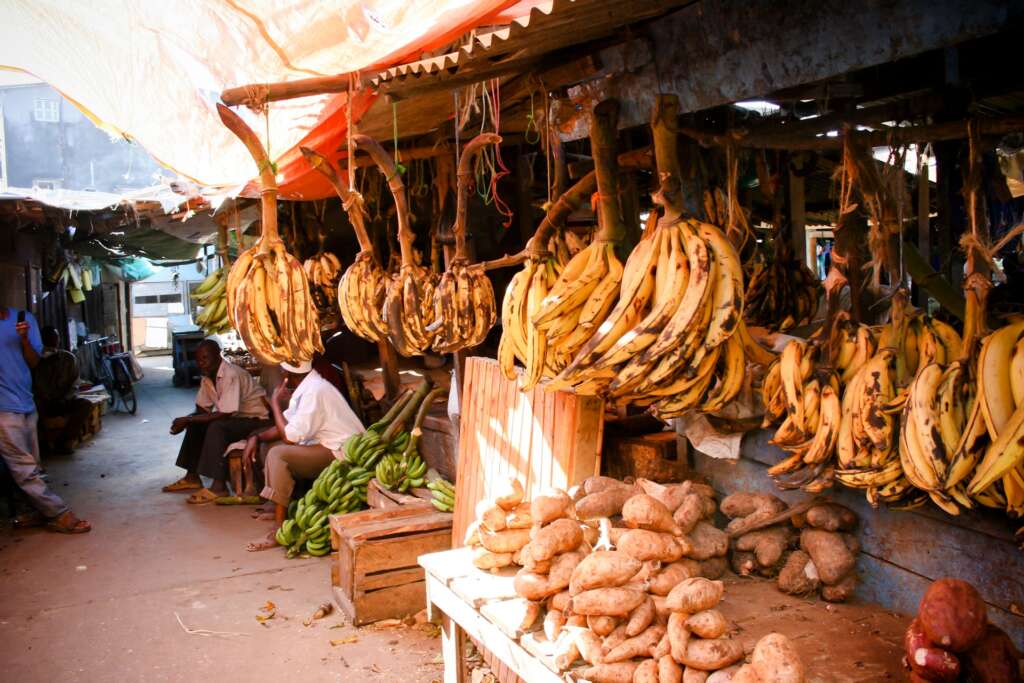Evidence is essential to inform, frame, and guide interventions (policies, plans, programmes, and projects) that structure community development. At the local level in Africa, local authorities are experimenting with decentralization in a context of poverty and social inequality, resulting in important trade-offs being made between vital daily needs, scarce resources, and political considerations. In such a context, evidence represents an essential asset to help policymakers make fairer, coherent, cost-effective, and informed decisions in all sectors of the community, and especially in food and nutrition security (FNS).
Recent research on the state of production and use of evidence on FNS by local governments in Benin informed that, very few policymakers use evidence before making decisions, mainly because of the difficulties in accessing reliable, up-to-date, and relevant evidence. In practice, fixing this issue of access to evidence by local policymakers is complex. We recently conducted a systematic review exercise to identify evidence needs on FNS and curate them for local policymakers. It has generated some interesting lessons on improving policymakers’ access to evidence.
Non-scientific evidence matter. Local policymakers need more specific evidence. They rely more on non-scientific evidence, including raw data (basic statistics), local beliefs, traditional knowledge, citizen opinions, and on policy guidelines and metrics from the central government. They are very little or not connected to research and expert communities, and most of the scientific evidence (research and review outputs, impact evaluation, etc.) fails to fit their actual needs. On the debate of promoting evidence use by local policymakers, it might be more helpful and tactful to pay greater attention to non-scientific evidence and work more on their quality and validity.
Downscaling some scientific evidence to fit the needs of policymakers. Most of the scientific evidence fail to fit the needs of local policymakers as the questions underpinning the evidence, and the scale of analyses are not aligned with local realities and policymakers' needs. For example, in our review exercise, there were evidence on malnutrition at national and departmental levels but less at the district level. There are also evidence on SDGs metrics at the national level but less at the district level. The challenge is to downscale such evidence at a very local level to generate evidence that fit the needs of local policymakers. ACED and 3ie are working on a pilot experience to fit evidence to local realities by downscaling some evidence produced at a higher geographical scale.
Making evidence on FNS easily accessible. Available evidence on FNS is scattered and not always online. In our systematic review experience, we noticed that part of the available evidence materials are scattered in online databases (Web of science, Reserach4Life, Oare, Hinari, Scopus, Science Direct, Google, google scholar, AGOA, etc.), journal, and websites of organisations, etc. Local policymakers are not equipped to navigate these databases. Furthermore, some of these databases have very restricted access. In addition, the systematic review indicated that an important part of the documents, including evaluation reports, project reports, policy documents, etc. are not online. These documents are only physically accessible on request. ACED has developed an evidence platform, which will curate and display available evidence on FNS in formats that are accessible and useful to policymakers.
Available scientific evidence documents are not designed for policymakers. Most of the scientific evidence documents curated on FNS are in English, while most of the local policymakers (if not all) are only French speakers. Furthermore, the content of scientific documents is originally designed for expert and academic readers. Therefore, scientific evidence documents are too technical and not appropriate for non-expert users like local policymakers. The challenge is then to present to local policymakers evidence that they can read, understand and use. ACED is working to synthesize and reformat available evidence on FNS to improve its uptake and use. Besides, we are designing a dashboard that will inform local policymakers with key metrics on FNS at the local scale.
There is a significant evidence gap on food and nutrition security that needs to be addressed. As the policymakers and research and expert communities are disconnected, available evidence on FNS does not fit policymakers' needs. There are many questions of interest for policymakers that remain unanswered. To align evidence production with local policymakers' needs, researchers and policy specialists at ACED undertook exchanges and discussions with policymakers to identify opportunities to generate and use evidence. Two types of opportunities were analyzed: opportunities for strategic use in defining development plans, strategies, budgets, projects, and programs; and opportunities for routine (daily) use.
Specific requests were also collected from policymakers to better understand their evidence needs. For example, the municipalities of So-ava and Aguégués requested the development of an evidence-based action plan to reduce the negative impact of water hyacinth proliferation on the environment and the local economy. Other municipalities identified the need for evidence on the critical success/failure factors of youth agricultural entrepreneurship. The priority is to boost collaboration and cooperation between policymakers and research communities to promote evidence production on demand.



